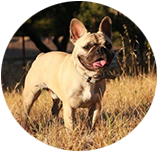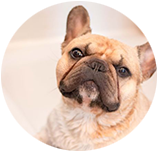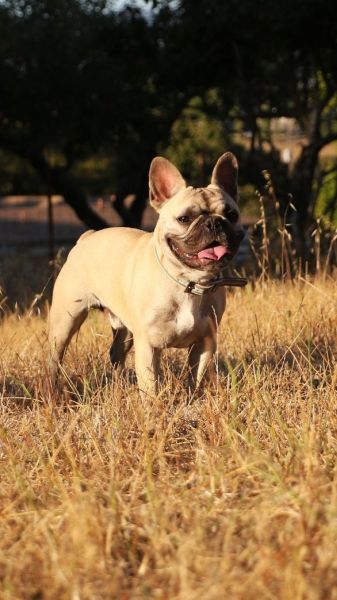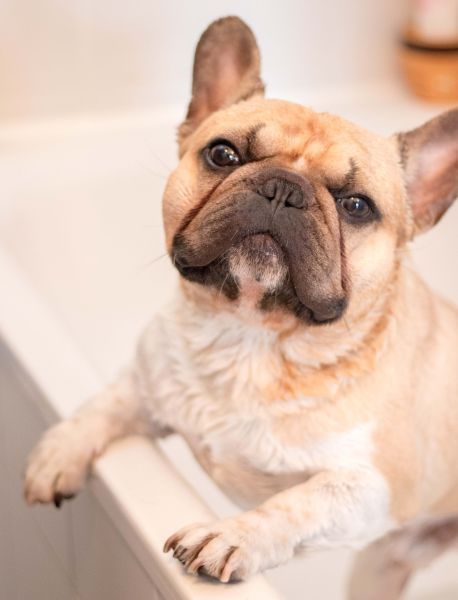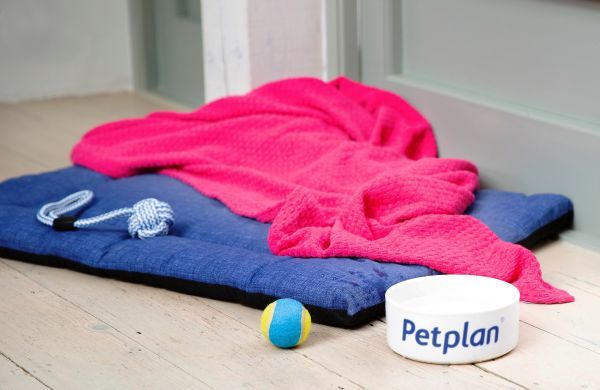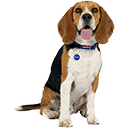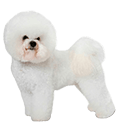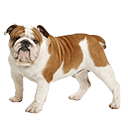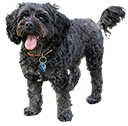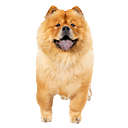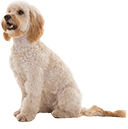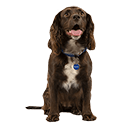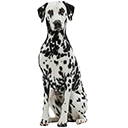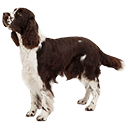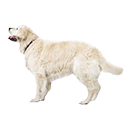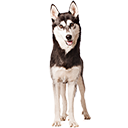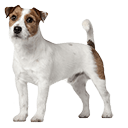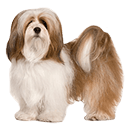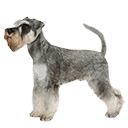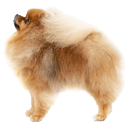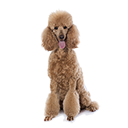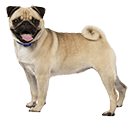[{
"url":"/pet-information/blog/how-to-adopt-a-rescue-dog/",
"image":"images/blog-assets/Winter-blues.jpg",
"tags":"rescue pets petplan advice",
"species":"dog",
"categories":"young adult senior youYourPet Rehomingblog",
"title":"How to adopt a rescue dog",
"intro":"Adopting a rescue dog can be a life-changing experience for…",
"meta":"Adopting a rescue dog can be life-changing experience. Any person considering rehoming one of these dogs should ask some of these key questions.",
"featured":"",
"listingcustombuttontext": ""
},{
"url":"/pet-information/dog/advice/lucys-law/",
"image":"images/pet-information/Lucys-Law.jpg",
"tags":"",
"species":"",
"categories":"puppy gettingPuppy",
"title":"The low-down on Lucy’s Law",
"intro":"Lucy’s Law came into effect 6th April 2020, following a…",
"meta":"Lucy’s Law came into effect 6th April 2020, following a petition against poor puppy farming conditions. We look at what this is and how it can affect UK dog and cat owners.",
"featured":"",
"listingcustombuttontext": ""
},{
"url":"/pet-information/puppy/advice/lucys-law/",
"image":"images/pet-information/Lucys-Law.jpg",
"tags":"",
"species":"",
"categories":"puppy gettingPuppy",
"title":"The low-down on Lucy’s Law",
"intro":"Lucy’s Law came into effect 6th April 2020, following a…",
"meta":"Lucy’s Law came into effect 6th April 2020, following a petition against poor puppy farming conditions. We look at what this is and how it can affect UK dog and cat owners.",
"featured":"",
"listingcustombuttontext": ""
},{
"url":"/pet-information/dog/advice/dog-mot/",
"image":"images/thumbs/mixed-sizes/dog-mot-banner.jpg",
"tags":"health check-up senior",
"species":"dog",
"categories":"young adult senior health brianFaulkner video",
"title":"Dog Health Check",
"intro":"As well as the annual dental checkup and booster vaccinations…",
"meta":"Learn how you can play a part in your dog´s health by carrying out regular health checks. The faster a problem is identified, the faster it can be treated.",
"featured":"",
"listingcustombuttontext": ""
},{
"url":"/pet-information/dog/advice/what-dog-is-best-for-me/",
"image":"images/thumbs/mixed-sizes/what-dog-is-best-for-me-thumb.png",
"tags":"",
"species":"dog",
"categories":"young adult senior youYourPet nickJones",
"title":"What dog is best for me? ",
"intro":"Getting a dog is an exciting time, but there’s lots…",
"meta":"Getting a dog is an exciting time, but there’s lots to consider when choosing one so you can be sure the breed will suit your lifestyle.",
"featured":"",
"listingcustombuttontext": ""
},{
"url":"/pet-information/dog/advice/dog-breed-personalities/",
"image":"images/thumbs/mixed-sizes/breed-personalities-thumb.png",
"tags":"",
"species":"dog",
"categories":"young adult senior behaviour",
"title":"Meet the breeds: dog breed personalities",
"intro":"Any dog lover will know that our canine friends can…",
"meta":"Any dog lover will know that our canine friends can have big personalities! And, whilst every dog is different, most breeds have typical characteristics that set them apart from the rest of the pack. Read on to find out more about dog breeds and their traits.",
"featured":"",
"listingcustombuttontext": ""
},{
"url":"/pet-information/dog/advice/questions-for-your-breeder/",
"image":"images/thumbs/mixed-sizes/2021/good-breeder-thumb.png",
"tags":"",
"species":"dog",
"categories":"young adult senior youYourPet",
"title":"Questions for your breeder ",
"intro":"If you are considering getting a puppy from a breeder,…",
"meta":"Find out the key things to keep in mind when choosing a breeder.",
"featured":"",
"listingcustombuttontext": ""
},{
"url":"/pet-information/blog/how-to-make-your-dog-happy/",
"image":"images/thumbs/mixed-sizes/2021/dog-happy.png",
"tags":"",
"species":"dog",
"categories":"young adult senior behaviour",
"title":"10 easy ways to keep your dog happy",
"intro":"Try our simple tips for making sure you have a…",
"meta":"Try our simple tips for making sure you have a relaxed and contented doggy every day",
"featured":"",
"listingcustombuttontext": ""
},{
"url":"/pet-information/dog/advice/why-does-my-dog-follow-me-everywhere/",
"image":"images/thumbs/mixed-sizes/2021/dog-follows-me.png",
"tags":"",
"species":"dog",
"categories":"young adult senior behaviour",
"title":"Why does my dog follow me everywhere?",
"intro":"Is your dog like your shadow? Petplan’s dog behaviourist Nick…",
"meta":"Is your dog like your shadow? Petplan’s dog behaviourist Nick Jones answers common questions about this canine behaviour, and explains what to do if your pet is a bit too, er, dogged in their devotion!",
"featured":"",
"listingcustombuttontext": ""
},{
"url":"/pet-information/dog/advice/five-games-to-play-with-your-dog/",
"image":"images/blog-assets/games-web-dog-thumb.png",
"tags":"",
"species":"dog",
"categories":"behaviour nickJones puppy 3m-6m puppyGames&Exercise",
"title":"Five great games to play with your dog",
"intro":"Playing regularly with your dog will keep them stimulated, teach…",
"meta":"Playing regularly with your dog will keep him stimulated, teach you about his personality and strengthen the bond between you. ‘All dogs enjoy different games, so working out which kind he enjoys and the rewards he responds to is the first step,’ says Ali Taylor, Head of Canine Welfare at Battersea Dogs and Cats Home. ‘Border Collies like to chase toys and bring them back, while a Springer Spaniel will enjoy interaction based on searching for a toy. ",
"featured":"",
"listingcustombuttontext": ""
}]


